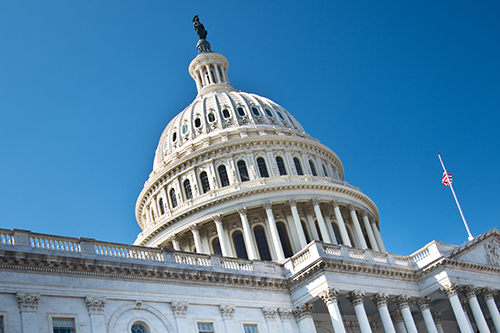
Throughout 2022, AACC’s primary advocacy focus has been on preventing the passage of the Verifying Accurate Leading-edge IVCT Development (VALID) Act, which would significantly alter the regulation of laboratory developed tests (LDTs). If enacted, VALID would create new duplicative FDA requirements for laboratories that perform LDTs on top of the already stringent regulatory framework overseen by the Centers for Medicare and Medicaid Services (CMS) through the Clinical Laboratory Improvement Amendments (CLIA).
Supporters of VALID have been making an effort to fast-track the legislation by attaching it to the FDA Safety and Landmark Advancements (FDASLA) Act - a bill that, among other things, would reauthorize the Food and Drug Administration’s user-fee amendments for the next five years. This push has been bolstered by ostensibly well meaning, yet misleading information about the regulation of LDTs that the association has worked diligently to correct. AACC has written and joined other stakeholders in several letters urging Congress to address the healthcare community’s concerns with the legislation prior to advancing VALID. To garner further attention on Capitol Hill, AACC conducted an ad campaign and submitted an open letter through Politico.
Throughout the spring, AACC members have met virtually with the offices of legislators on the Senate Health, Labor Education, Pensions (HELP) Committee, and the House Energy & Commerce Committee, both of which are currently considering the legislation. In April, AACC joined the Association for Molecular Pathology (AMP), American College of Medical Genetics (ACMG), and the Association of Pathology Chairs (APC) for a briefing to educate congressional staff on the significant negative impact the VALID Act would have on the practice of medicine by limiting labs' ability to perform LDTs.
Critically, many members have participated in the grassroots campaign by sending letters to their legislators detailing the impact VALID would have on the ability of their organizations to conduct cutting-edge testing for the patient populations they serve.
AACC along with a broad array of healthcare stakeholders believe that the complexity of VALID, and its potential harm to innovation and patient care, require Congress to provide ample time for thorough consideration and stakeholder engagement to avoid unintended consequences that may result from passage of the legislation.
Looking to learn more about regulation of LDTs during the AACC Annual Scientific Meeting in Chicago? A scientific session on July 25 will cover the legislation Congress has introduced and the potential impact on laboratory medicine. The session, “VALID, VITAL, LDT” will be led by experts with experience in both advocacy and LDTs in the lab.